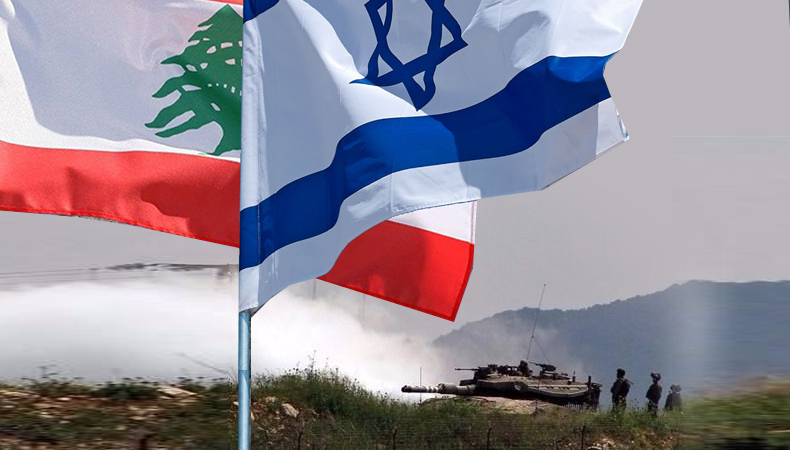Lebanon and Israel exchange smoke-bomb fire; What is it about?

Lebanon and Israel, the two countries in the Middle East region, have exchanged smoke bombs at the border. What is it about? What happened between Lebanon’s army and Israeli troops?
This week, Lebanon’s army and Israeli troops exchanged smoke bombs two times. On Wednesday, the Lebanese army confirmed that it had exchanged smoke bombs with Israeli troops at a Lebanese patrol.
In recent months, the members of the heavily armed Lebanese group Hezbollah have been fighting against the Israeli troops. Tensions have increased at the border.
What’s happening between Lebanon and Israel?
On Saturday, the Lebanese army fired tear gas at Israeli troops in retaliation to smoke bombs fired at its troops. The Lebanese army said in a statement, “Elements of the Israeli enemy violated the withdrawal line and fired smoke bombs at a Lebanese army patrol.”
Lebanese army troops said that Israel fired smoke bombs at its troops. Lebanon also confirmed firing smoke bombs toward Israeli troops.
However, Israel said that Lebanon started the violence. Lebanon’s army, on the other hand, condemned Israeli troops.
Keep Reading
Dispute at the Blue Line
The Blue Line is also called the “withdrawal line,” which is a border demarcation between Lebanon and Israel set by the United Nations in 2000.
The Blue Line helped to determine whether Israeli forces had fully withdrawn from Lebanon. However, the Blue Line is not considered an international border. The UN has asked Israel to respect Lebanon’s internationally recognized territories. It is important to note that Lebanon does not use the term “demarcation” for its land borders.
In recent days, Lebanon and Israel exchanged tear gas and smoke bombs over a dispute. The Blue Line stretches from Shebaa Farms to Al-Naqoura in the southwest of Lebanon.The Israeli military said in a statement, “A short while ago, IDF soldiers spotted an engineering vehicle’s shovel crossing the Blue Line from Lebanon into Israel territory in the area of Mount Dov.” However, Lebanon denied such claims.






